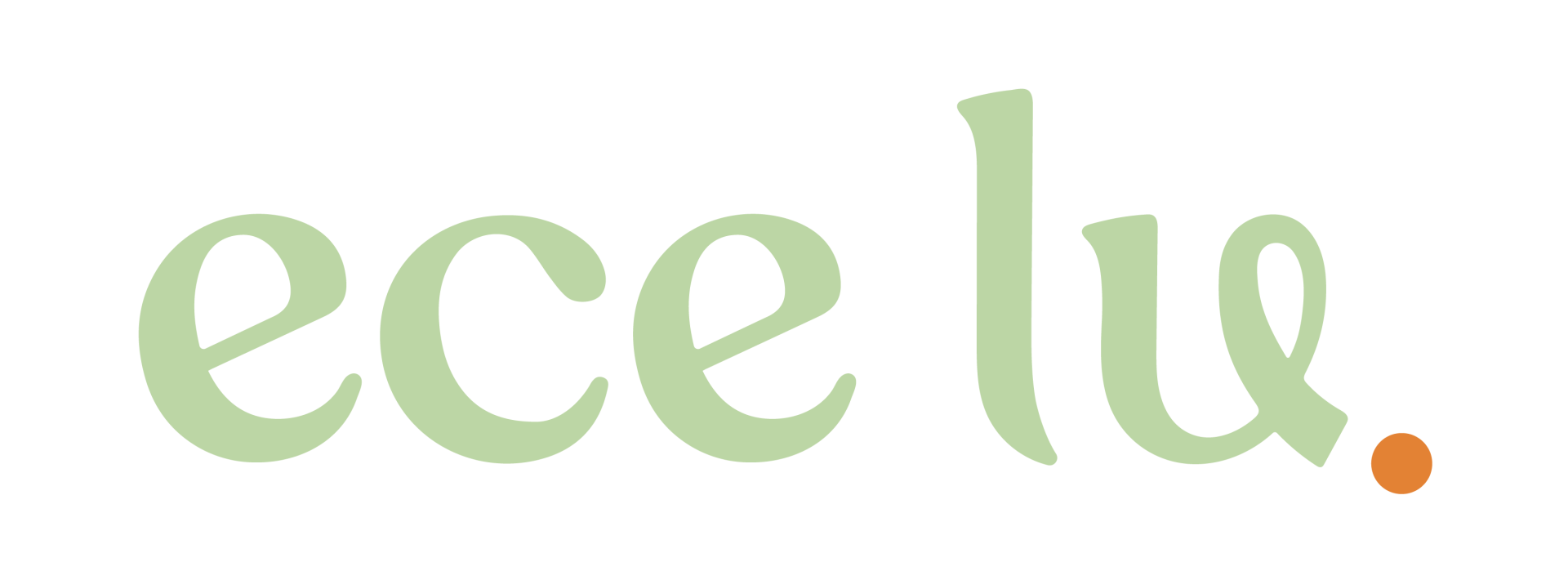
UK
Choosing the best childcare service for your child
8th May, 2023
Share to Facebook
Written by Angela Bush
Bachelor of Education (ECE), Dip Nursing, Dip Tch (ECE)
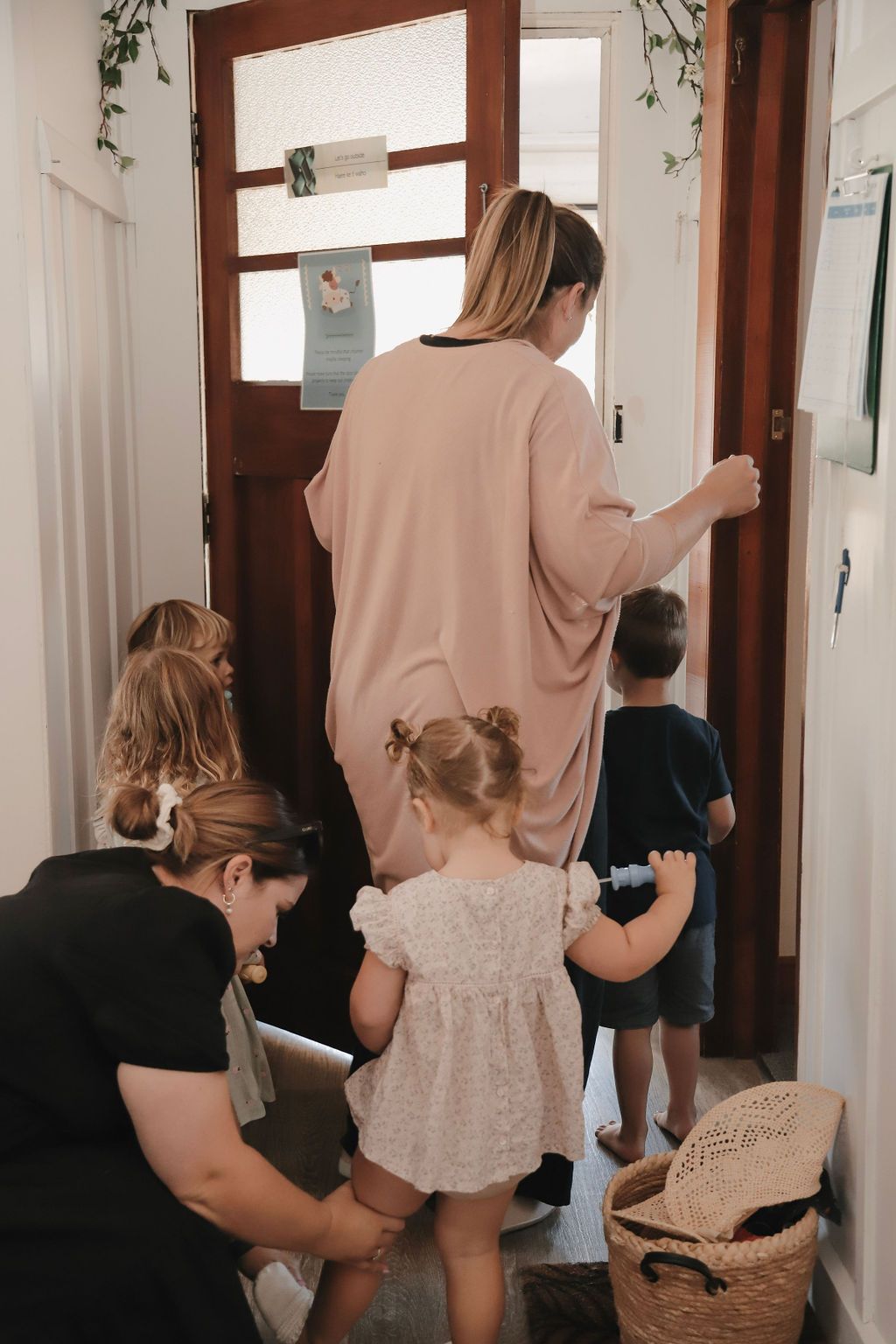
For most parents, the reality is that at some time in your child’s early years you will need to use some form of care for your child outside of your family. Whether you are returning to work, or just need some time to yourself, this can be a highly emotional moment for parents as you consider trusting your important little person to a stranger. And let’s not mention the plethora of childcare options to navigate and understand!
Choosing the best option in childcare for your child can be daunting. There are so many different types of early childhood service and knowing which will work best for your child and your circumstances can be a minefield. With so many different names and terminology, where do you start?
Public, private, home based, centre based, kindy - what do these all mean?
Whichever type of early childhood service you choose, it is most important to know that the quality of the care and education your child receives matters hugely to not only their immediate well-being, but to their long term outlook. International research is very clear, the experiences a child has in their early years plays a significant part in their long term health, habits, self-beliefs, ability to form relationships and educational outcomes.
No pressure - but choose wisely who will contribute to your child's development!
Public, private, home based, centre based, kindy - what do these all mean?
Whichever type of early childhood service you choose, it is most important to know that the quality of the care and education your child receives matters hugely to not only their immediate well-being, but to their long term outlook. International research is very clear, the experiences a child has in their early years plays a significant part in their long term health, habits, self-beliefs, ability to form relationships and educational outcomes.
No pressure - but choose wisely who will contribute to your child's development!
When you find the right early childhood service for your family this can create a wonderful opportunity for your child to make friends, to build relationships with educators and for you to build connections other parents. Your family can become part of a wider community that supports and nourishes your family.
It is important to know that all licensed early childhood services will fall under some form of government regulations and will therefore have a set of standards they are required to meet for health, safety, education and general operations. There will be minimum staffing requirements all services are required to meet including numbers of qualified educators, and ratios of adults to children. In most countries throughout the world there will be an early childhood curriculum framework that guides what educators should be doing to educate and care for children.
The philosophy of the service you choose for your child is one of the most important factors in your decision making as this will influence how the educators work with your child in the following ways;
Before you start looking for an early childhood service it is a good idea to discuss as a family your values and what you think is important for your child's early years experiences and learning opportunities.
There will be a wide range of early childhood services to choose from and some may cater for very specific family needs for example: Religious based, specific languages and cultures, or age groups.
The philosophy of the service you choose for your child is one of the most important factors in your decision making as this will influence how the educators work with your child in the following ways;
- The type of routines they create for children (do these support developing independence?)
- Meal time routines.
- How children are invited to play and learn.
- What children will be encouraged or permitted to do.
- How educators will approach teaching and learning.
- How much time children are able to play freely outdoors.
- Whether being in nature is valued.
- The type of learning experiences offered to children.
- How structured the curriculum is. Whether children are able to choose their own play and learning objectives, or if this is more teacher led.
- How much music and the arts is valued and supported.
Before you start looking for an early childhood service it is a good idea to discuss as a family your values and what you think is important for your child's early years experiences and learning opportunities.
There will be a wide range of early childhood services to choose from and some may cater for very specific family needs for example: Religious based, specific languages and cultures, or age groups.
Some of the ideas you may want to explore together as a family before choosing the ECE service that best fits your child;
- Do you want your child to have the opportunity to interact with children of all ages? Or would you prefer they are cared for in a group of children the same age?
- How do you want your child to play and learn? Is structure important for you? Or do you prefer them to have free play opportunities?
- Is it important that your child has the opportunity to be outdoors freely in nature?
- Are there any particular early childhood philosophies that resonate with you? Why?
- Are you likely to change your place of employment in the next few years? Who will be taking your child to childcare and who will be picking them up each day? Therefore will you choose an ECE service that is closer to where you live? Or closer to where you work?
- Where will your child go to school? It is a good idea if your child is close to school age that they have the opportunity to create friendships with children in their early childhood service who will also be attending the same school. This is an important part of supporting your child in a positive transition to school.
Some of the early childhood education philosophies you may want to explore...
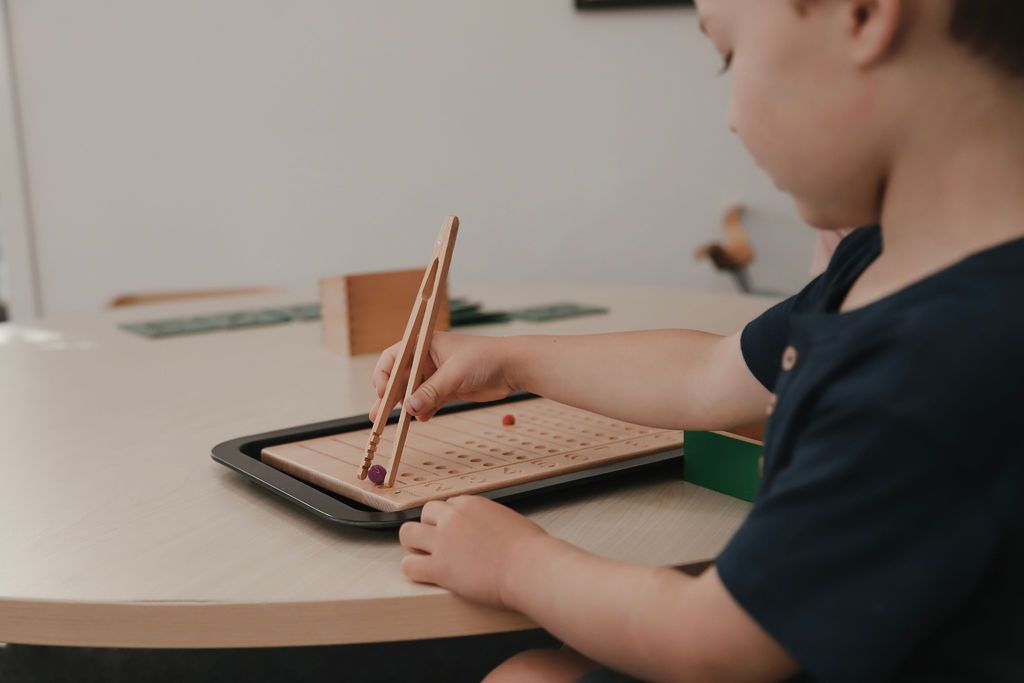
What are all the different types of early childhood services?
There can be a confusing array of early childhood services to choose from. When you are beginning to think about using childcare it is important to shop around and look at a few, as many will have waiting lists. Here are the most common types you will usually find in your community depending on whether you live in a small town or a large city;
Creche
This is usually a not-for-profit childcare service that operates under the management of a community trust or local council. They usually have a governing committee that will include parent representation.
A creche will usually have short opening hours and can be a more affordable option for families. Because they are not for profit their fees are often very low or sometimes free.
You may have the opportunity to join a committee, contribute to fund raising and develop close knit relationships in your local community. Creches will have some qualified educators in their team and may also invite parent volunteers to help during sessions.
A creche will usually have short opening hours and can be a more affordable option for families. Because they are not for profit their fees are often very low or sometimes free.
You may have the opportunity to join a committee, contribute to fund raising and develop close knit relationships in your local community. Creches will have some qualified educators in their team and may also invite parent volunteers to help during sessions.
Home-based or Family Daycare
Home-based care is exactly as the name implies. One person will care for a small group of children in their own home. This means your child will be cared for by the same person in a home environment with only a small number of other children. The number of children permitted in a home-based environment will be determined by local authority rules.
Home based care will usually operate under a private business umbrella organisation. This business is responsible for checking that the educator's home is suitable and up to standard to care for children. The home based organisation may be funded by the government which is then used to subsidise the in home carer making your fees more affordable.
The educator caring for your child may be a qualified early childhood teacher but will most often have lower level certificate qualifications or none at all. They will be supervised and supported by a qualified educator.
Home based care will usually operate under a private business umbrella organisation. This business is responsible for checking that the educator's home is suitable and up to standard to care for children. The home based organisation may be funded by the government which is then used to subsidise the in home carer making your fees more affordable.
The educator caring for your child may be a qualified early childhood teacher but will most often have lower level certificate qualifications or none at all. They will be supervised and supported by a qualified educator.
Daycare/Childcare/Kindy
These terms often mean the same thing and will refer to a larger group care, centre-based environment. They are mostly privately owned businesses. Some will be independently owned, while others will be part of a chain or large corporate ownership structure.
Childcare centres will often be open longer hours to cater for working families. Most will cater for children aged 0 - 5 years old and will often have separate spaces for each age group. Some might mix all of the age groups together. As a privately owned business you will need to pay fees for your child's care. Many childcare services will require a minimum attendance of at least two days per week. This is often in the best interest of your child as they will need consistency and regular attendance to build relationships and a strong sense of belonging.
Childcare centres will often be open longer hours to cater for working families. Most will cater for children aged 0 - 5 years old and will often have separate spaces for each age group. Some might mix all of the age groups together. As a privately owned business you will need to pay fees for your child's care. Many childcare services will require a minimum attendance of at least two days per week. This is often in the best interest of your child as they will need consistency and regular attendance to build relationships and a strong sense of belonging.
Kindergarten
Kindergartens are traditionally operated by a not-for-profit association or community organisation. They usually only cater for children aged 3 - 5 years old, but some may take children at two years old. Traditionally these services have been considered to be more education focussed rather than care services. But this is a misconception as all ECE services provide care and education.
Kindergartens can vary in operating hours. Some may be sessional - so your child can only attend a morning or afternoon time slot. While some will provide longer hours of operation. Many kindergartens will invite parents to volunteer during sessions and for fund raising events.
Kindergartens can vary in operating hours. Some may be sessional - so your child can only attend a morning or afternoon time slot. While some will provide longer hours of operation. Many kindergartens will invite parents to volunteer during sessions and for fund raising events.
Other early childhood names and types of services you may come across
- Forest Kindergarten: Nature based outdoor early childhood services where your child will predominantly spend their time outdoors.
- Preschool: Some services may use this term if they are mainly catering for three and four year olds.
- Language nests: Early childhood services that use a specific language. These are great if you want to embed your child in a particular language or culture.
Common terms and acronyms you will come across:
- ECE = Early childhood education
- EY = Early years
- Educator/Teacher = people with a qualification to work with young children. This can range from an entry-level certificate to a university degree in teaching.
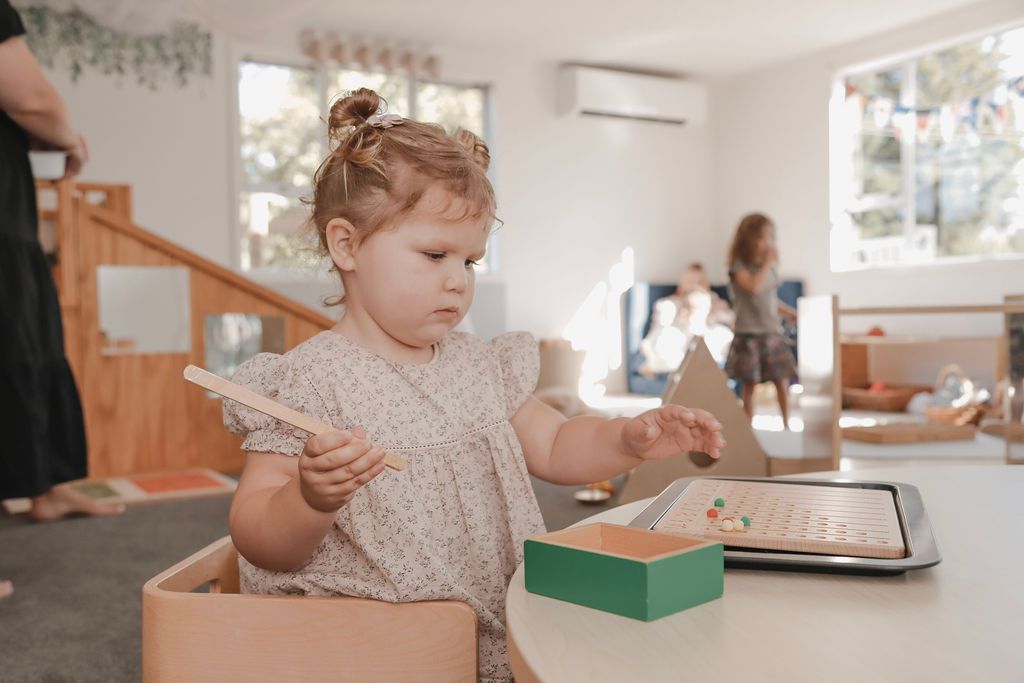
What do I need to look for in an early childhood service?
While there will be similarities in many early childhood services, there will also be some huge differences. However, no matter what philosophy or location matters to your family there are some universally known quality indicators that are important for you to look out for in all types of ECE service. These are;
- Group size: for infants and toddlers (under two years old) the smaller the group size the better.
- Qualifications of staff: More qualified staff overall is best.
- Staff ratios: How many adults there are for the number of children. The minimum ratios in each country and state will be different. This will also be different for under two's and over two's. A high ratio of adults to children is best for quality interactions and learning for children.
- Friendliness and warmth of staff: When the adults working with your children are happy in their work, get along with their colleagues and are well supported by management they are far more likely to do a good job with your child.
- Hygiene and safety: This goes without saying that the ECE service must be fully compliant with all required health and safety criteria.
- Play opportunities: Ideally children need to have opportunities and freedom to choose to play both inside and outside as much as possible.
- Key teachers or primary care for infants and toddlers: Children aged under two years are particularly vulnerable and their brains are still rapidly developing. The quality of care they receive in the first 1000 days of their life, directly impacts their brain development and wellbeing. Having the opportunity for a consistent, attachment relationship in childcare is critical. If a different person is caring for your child every time they attend childcare, this is going to be detrimental.
How to start choosing an early childhood service for your child
Once you have discussed as a family what matters most for your child, it is useful to begin by searching online for early childhood services in your local area, or close to where you will be working. You can then make notes about each service and what they are offering before making an appointment to visit.
Many early childhood services will prefer that you book a visit rather than just show up unannounced. This is because they are busy taking care of children and there are some moments during the day that are best not disturbed with visitors i.e. meal times and sleep times.
Visit a few services and spend some time being shown around.
Watch.
Listen.
Ask questions
The flash, state of art, architecturally designed building is not necessarily the best quality. Look for the indictors mentioned previously and watch what is happening with children and staff. Take note of how the educators are interacting with children and whether children look engaged and mostly content. Some children may be new or settling and seem upset, so don't be too quick to judge by this. BUT do judge how the staff respond to these children.
Are they loving and quickly attentive?
Early childhood services should be places where children are able to explore, play, engage with resources and people, and get a little messy sometimes. While it is important that the environment and practices are hygienic, you do not want to see a sterile, immaculate space. Some mess, toys on the floor, children engaged in messy activities, and happy noise indicates that children are able to be themselves here, and are being permitted to do what is natural and healthy in the early years.
Children who are being left to cry unattended for long periods of time, or who are responded to without empathy should raise a red flag!
Many early childhood services will prefer that you book a visit rather than just show up unannounced. This is because they are busy taking care of children and there are some moments during the day that are best not disturbed with visitors i.e. meal times and sleep times.
Visit a few services and spend some time being shown around.
Watch.
Listen.
Ask questions
The flash, state of art, architecturally designed building is not necessarily the best quality. Look for the indictors mentioned previously and watch what is happening with children and staff. Take note of how the educators are interacting with children and whether children look engaged and mostly content. Some children may be new or settling and seem upset, so don't be too quick to judge by this. BUT do judge how the staff respond to these children.
Are they loving and quickly attentive?
Early childhood services should be places where children are able to explore, play, engage with resources and people, and get a little messy sometimes. While it is important that the environment and practices are hygienic, you do not want to see a sterile, immaculate space. Some mess, toys on the floor, children engaged in messy activities, and happy noise indicates that children are able to be themselves here, and are being permitted to do what is natural and healthy in the early years.
Children who are being left to cry unattended for long periods of time, or who are responded to without empathy should raise a red flag!
We have provided a checklist download to help guide you in choosing the best early childhood service for your child.
Most importantly and finally...
Trust your instincts.
If it feels right, it probably is.
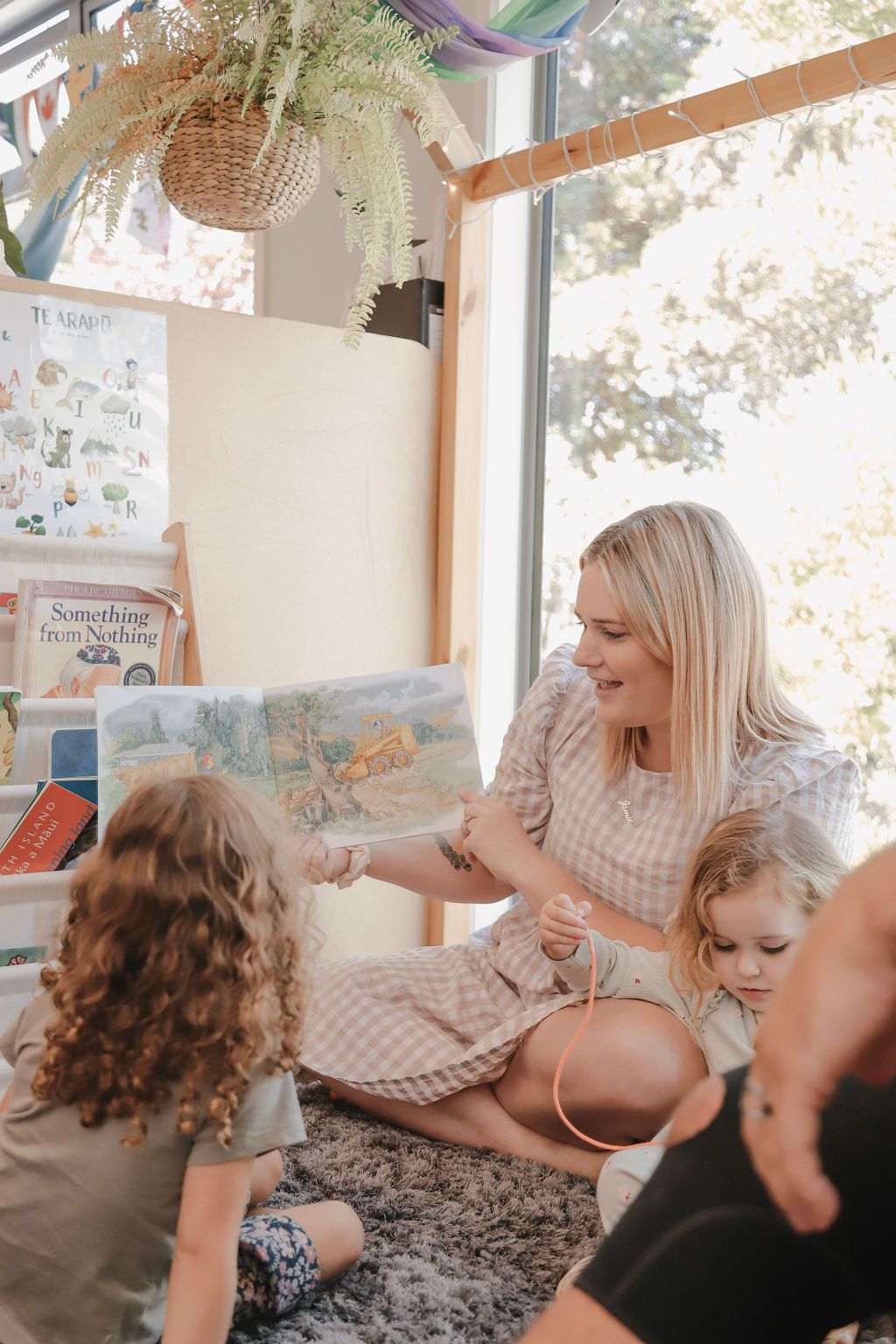
Empty space, drag to resize
Have you seen our
Members Club?
Members Club?
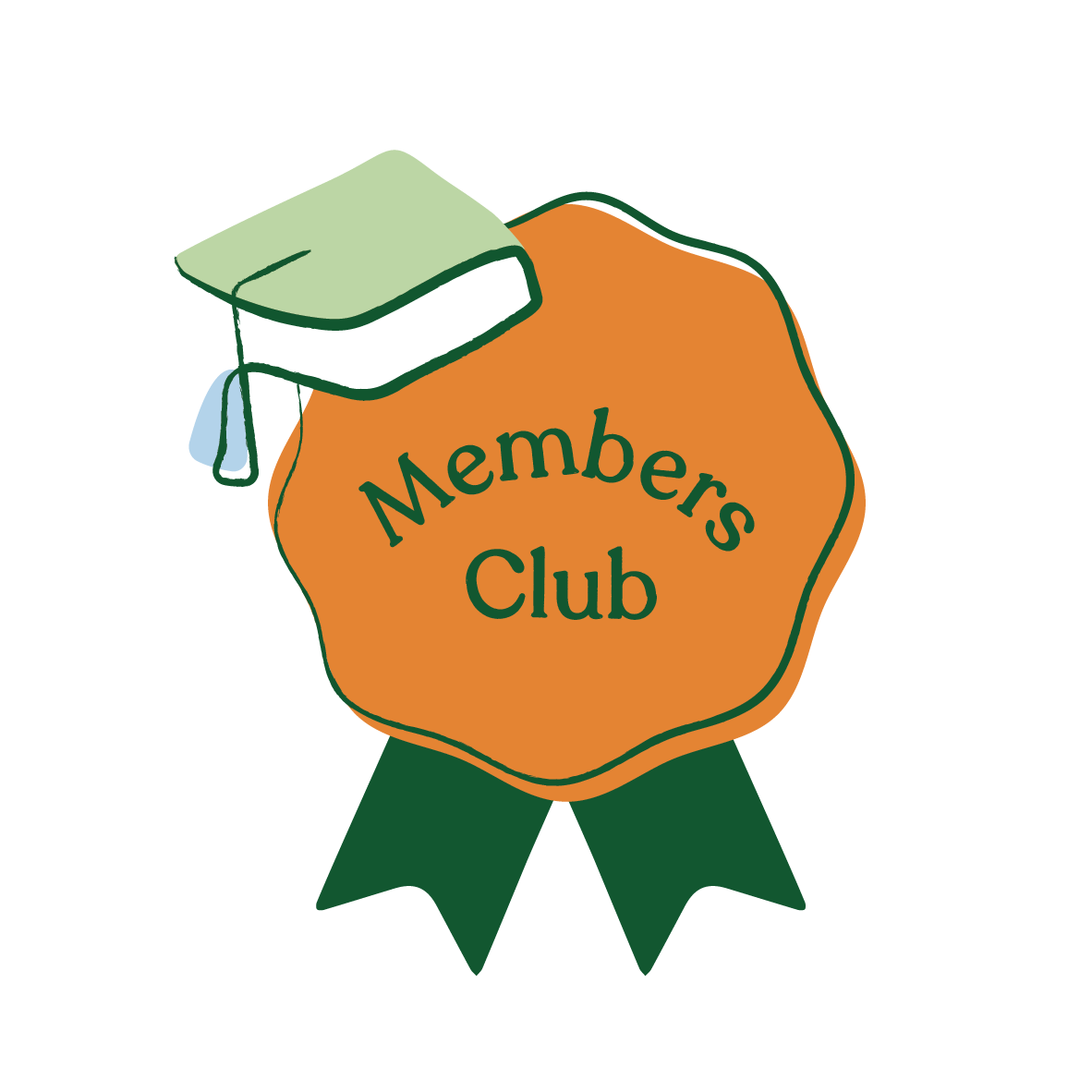
Cost-effective access to over 100 webinars, courses
and resources on demand.
and resources on demand.
*Special teams rates available
Empty space, drag to resize
People who enjoyed this blog also liked
Empty space, drag to resize
Webinars you may like
Empty space, drag to resize
Empty space, drag to resize
Want to stay up to date with our blogs and parent content?
Thank you!
Empty space, drag to resize
Download a copy of our checklist for choosing childcare
About the Author of this blog
Empty space, drag to resize
Angela Bush
Mum, early childhood teacher, nurse, nanny, mentor, ECE centre owner, professional learning educator.
Empty space, drag to resize
Angela has been working with children and families for over thirty years and has an enduring passion for doing her bit to help make the world a better place for children. Angela is the founder of ECE Learning Unlimited and is on a mission to support parents and early childhood educators to be their best for our youngest children.
Empty space, drag to resize
Join our community
Subscribe to our mailing list for exciting updates and alerts when new resources, courses or webinars are added.
Thank you!
© ECE Learning Unlimited 2022. All Rights Reserved
